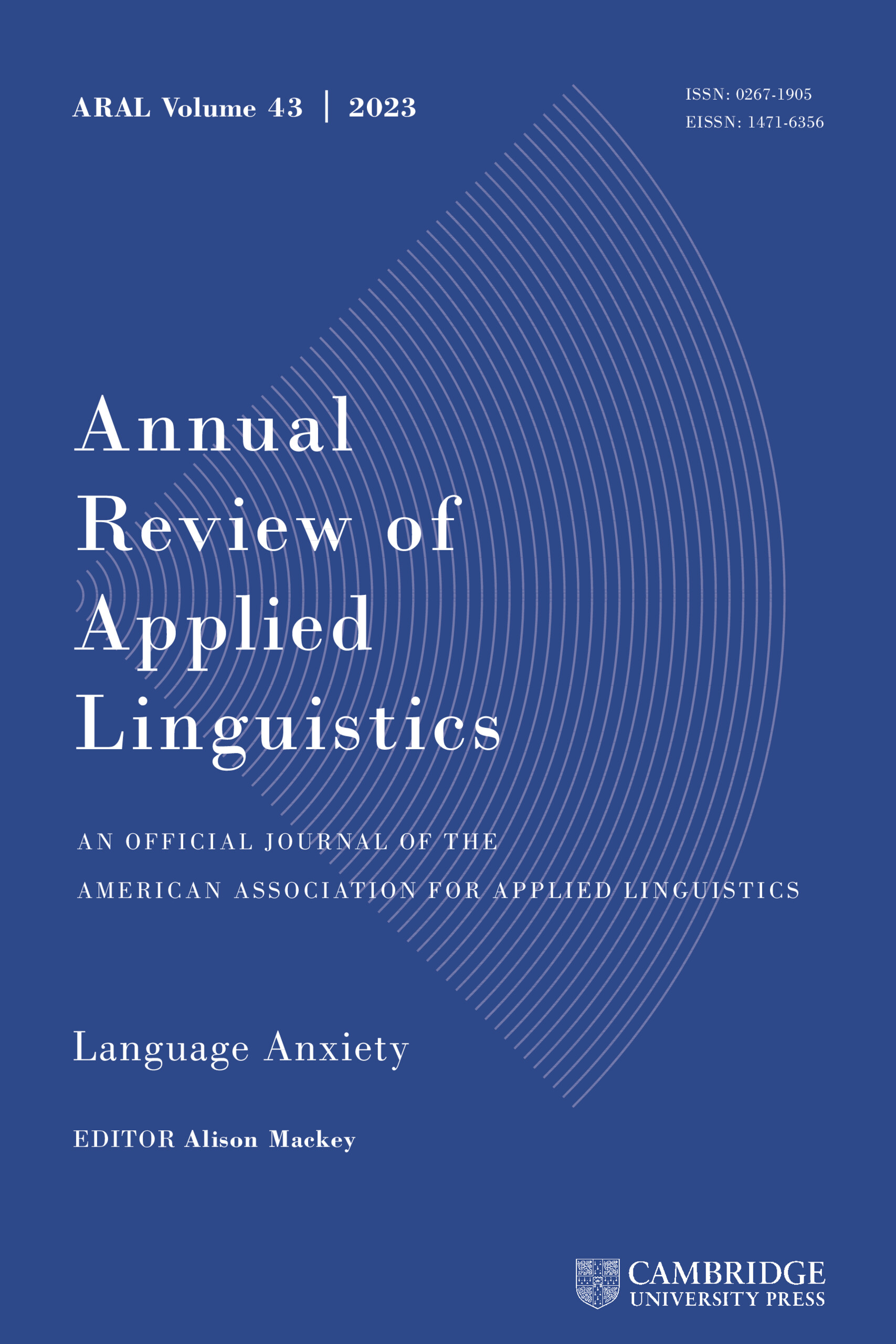Article contents
LANGUAGE AND POLITICS
Published online by Cambridge University Press: 08 August 2003
Abstract
This is an exciting time to be surveying the interrelationship between language and politics, both for political and linguistic reasons. The past decade, as everyone knows, has been witness to dramatic changes in the political map of the world, reflected most noticeably in the west in the fall of the Berlin Wall in November 1989, but also, more quietly in some cases, more violently in others, in countries physically and politically as far apart as South Africa and China. Moves toward democracy in many areas of the world coincided with or followed on the end of the Cold War. These moves came about due to a return to democracy of postcolonial states that had become totalitarian and the granting of independence to most of the few remaining colonies. Through such changes we have come to see that “the language of democracy was mobilised against regimes that, in however perverted a way, were speaking the language of Marxism and socialism” (Schwarzmantel 1998:183), colonialism, and other totalitarianisms. Between 1989 and 1994, although later in some countries, the vast majority of newly (re)democratized peoples experienced for the first time in their lives the opportunity to express freely their political voice in democratic general elections, reflecting a move from bullets to ballots that appeared to be a “virtual miracle” (Joseph 1998:3). Since 1994, in many places, the optimism has faded as the “illusory nature of [the new regimes'] democratic institutions and practices” has become evident (Joseph 1998:3). Even in the long–established democracies, a disturbing rise in hate speech leading to violence has served to emphasize that speech can, and often does, provoke action (Owen 1998), while in certain particularly troubled areas, discourse, especially media discourse, has even been linked to genocide (e.g., Lemarchand 1994).
Information
- Type
- Research Article
- Information
- Copyright
- 1999 Cambridge University Press
- 3
- Cited by

